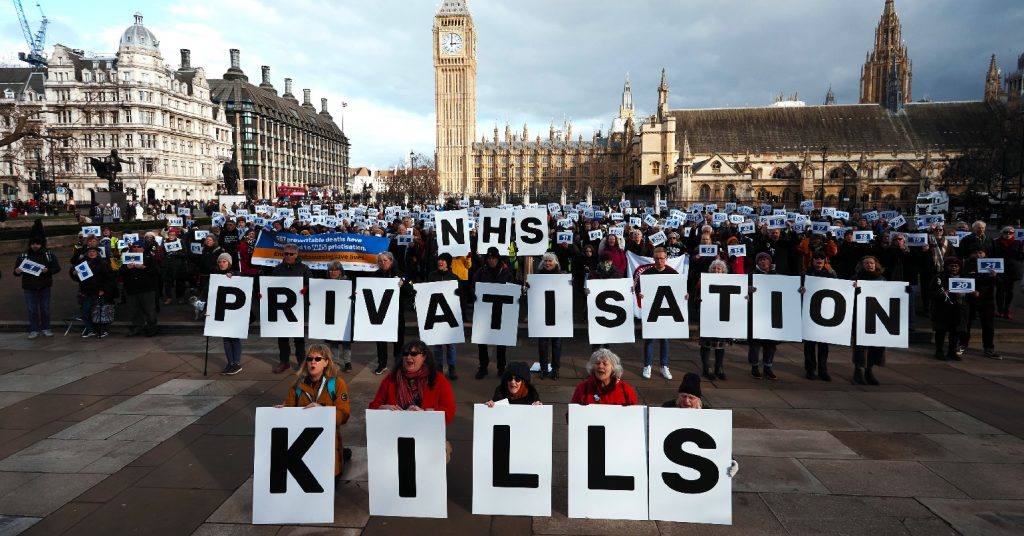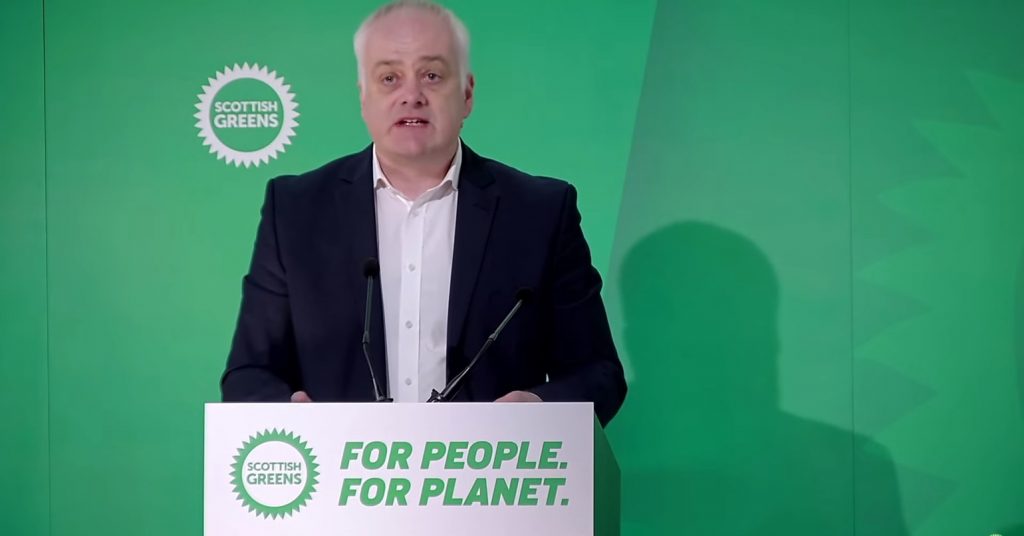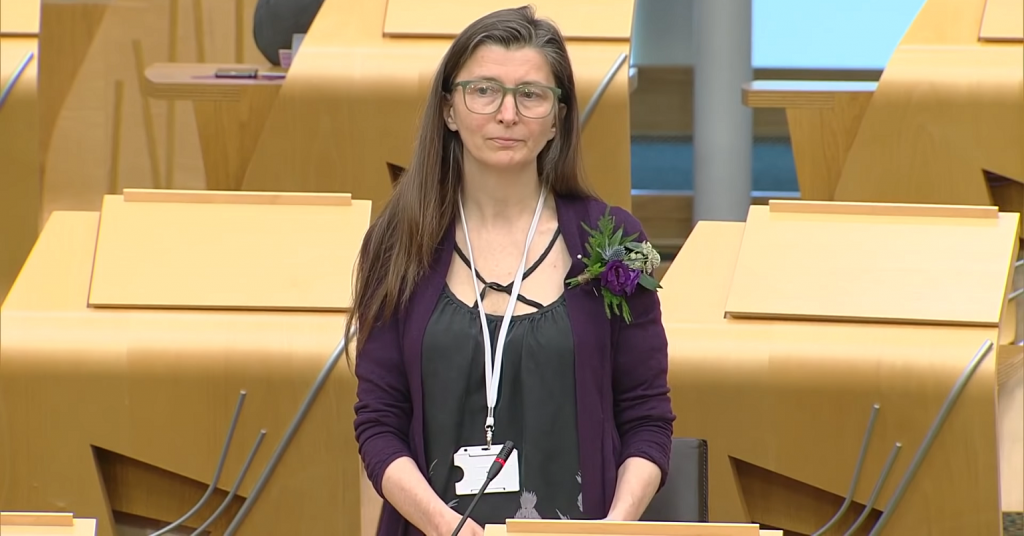Cuts and Privatisation: Still on Edinburgh's Agenda in 2012
In November 2011, the City of Edinburgh Council took the decision not privatise environmental services (that’s waste and recycling, street cleaning, and parks maintenance), following pressure from a local grassroots campaign. I’ve been involved in the campaign from the early stages and it has been amazing to see how a little bit of public scrutiny stopped the privatisation deal – or, Alternative Business Models Programme, as the Council like to call it – from being quietly nodded through back in August. However, this was only the first of three votes on the mass privatisation of services, and the other two, which will decide the future of Corporate and Transaction Services and Integrated Facilities Management are due to be taken on 19th January.
Corporate and Transaction Services encompasses all of the Council’s customer service functions, which includes some things like housing benefit and council tax benefit. Privatisation would see most of the systems used to deliver the services being moved to automated online or phone-based services, so that human contact is removed from the process, making it more difficult for many people to navigate (particularly for the elderly, people with certain disabilities, and those in complex situations which don’t fit into a specific tick-box). Integrated Facilities Management is the group of services which maintains council buildings; some of these are offices used mainly by council staff, but it also includes community centres and schools. Instead of having dedicated support staff for each school, there would be a move towards pooled staff working across a number of sites, so the days of the School Janny are numbered. Services for children, community groups, and benefits claimants will be affected, while staff numbers will be substantially reduced to cut costs.
Although the campaign has managed to glean a certain amount of information about the proposals from trade union sources, a lot of the details are still hidden behind excuses about confidentiality. Council officials have made it clear that, just as with the previous vote, the full case for privatisation be kept in a locked data room, accessible only to councillors, and it’s unlikely that even they will get to see the documents until a week before the vote. Under the circumstances, it’s quite reasonable to wonder what they’re hiding – we already know that officials have suppressed the results of an IPSOS MORI survey of public opinion on privatisation, claiming that it would “prejudice [the council’s] interests” to release it in response to an FOI request.
Instead of being encouraged to make our views known, council officials are telling residents that we should trust our elected representatives to make the “correct” decision on our behalf. Having seen the influence that contractors already have over the officials appointed to advise councillors, I’ve got no intention of letting this pass by quietly. At October’s council meeting, when the decision on environmental services was originally scheduled to be taken, council staff barred members of the public from the gallery, so that senior managers from the company bidding for the contract would not be inconvenienced by our presence. They’ve also arranged for additional private security staff, and some fairly senior police officers to be on hand to intimidate protesters who have turned up at the City Chambers on days when a vote was expected.
It might sound as if this is simply the fight to keep the evil private sector out of our services, but the truth is slightly more complicated. When the bidding process was opened up to companies who are prepared to offer a skeleton service at a bargain price, the only way that the public sector can hope to compete is by offering a similarly low bid, and agreeing to make the same kind of cuts. Even if the public sector bid is chosen, it’s only a partial victory because jobs will still be lost and services will be damaged – but at least the services will remain under democratic control, as the Council won’t be tied to a particular contractor for the next seven-to-twelve years.
The City of Edinburgh Council have started the destructive race to the bottom, and those of us campaigning to protect services need to understand that this is part of a wider anti-cuts fight. All we can do for now is maintain a situation where public opinion has a chance to influence the Council, rather than every decision on public services having to be mediated through corporate lawyers.




UPDATE
On Friday, council officials announced their recommendation. They are endorsing a firm called Mitie as their preferred bidder to take over the provision of schools meals, commissioning services, the Council’s helpdesk and the elected members enquiry service.
http://www.edinburgh.gov.uk/news/article/764/alternative_business_models_reports_to_be_considered_by_council
Mitie have quite a record of providing services to the public sector, and one of the areas they specialise in is procurement and commissioning – essentially choosing who the council buys supplies and services from. However, instead of finding the best deals, they’ve previously been caught charging businesses thousands of pounds to be set up as a “preferred provider”.
http://www.telegraph.co.uk/finance/newsbysector/supportservices/8177861/MITIE-shocked-as-10000-supplier-charge-is-revealed.html
This is the kind of practice that has seen several council employees sacked for corruption in the statutory building orders scandal, but if the council signs up for the 7-year contract with Mitie, they can’t be sacked.
At the moment the best thing you could do is contact your councillors – particularly SNP councillors as they are likely to be the ones who hold the balance of power in the vote. Ask them to tell you honestly how much information they have been given about the fine details of the private contracts, and ask them how many of their constituents they’ve discussed the ABM proposals with. Ask them if it’s right that a council administration with 4 months left of their term should sign a 7-year contract.
My own opinion is that we should encourage councillors to vote against the proposals, and then once the private contractors have been seen off, start a more concentrated campaign against the cuts to local authority services.
What should we be asking of councillors at this point? More information, or to vote a certain way?